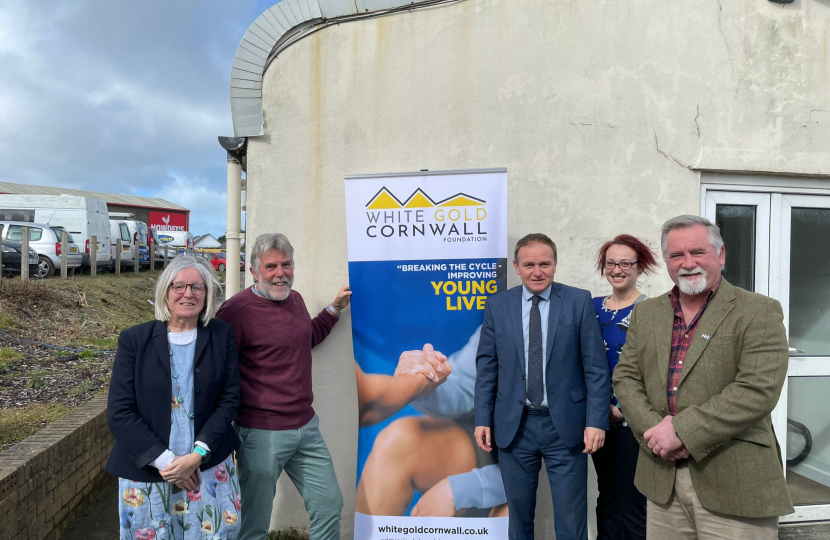
One of the key drivers of the pressures on the NHS has been the growth in mental health problems which has led to a significant spike in the caseload of all GP surgeries in Cornwall and across the country. The causes are multiple: the pandemic led to social isolation for some elderly people and social anxiety for some teenagers; social media has increasingly become a platform for online bullying behaviours and there are background pressures on families.
Schools are also facing a huge rise in young people with formally diagnosed conditions such as autism or ADHD. There has also been a rise in social anxiety among some teenagers. The system for assessing such conditions is under huge stress because, although the funding for "High Needs" has increased significantly in the school’s budget, the demand for such services has also continued to grow.
Every one of us will have setbacks in life and traumatic episodes to contend with but the impact of trauma during childhood or during the vulnerable teenage years can be particularly difficult and sometimes long-lasting. Those traumas can range from bereavement to family break up, domestic violence, emotional neglect in childhood, alcohol, or drug addiction and more besides. Often the right thing to do is to get some early support in place as soon as an issue arises and that doesn't usually mean medical support and it doesn't necessarily need a diagnosis. I think the tendency to want to medicalise conditions and create a diagnosis and a label for young people can sometimes be unhelpful. The system becomes overstretched and then the limited appointments for assessment become a means of rationing help. Parents feel that they can't get help until they get a diagnosis and the waiting list for a diagnosis is long.
A far better approach would be to further expand the proportion of a school's budget that goes to support early interventions for children and young people who are having difficulties. Every school has a SENCO (special educational needs) lead, and they see the same sorts of problems on a regular basis and will often know intuitively what might help. That may be interventions within the school, or it could be engaging some external help from charities on individual cases. In recent weeks I have visited two fantastic charities in our area. The Dreadnought Centre at Pool provides support to children and young people mainly of school age who have particular challenges in their life while the White Gold project operates a similar model aimed at a slightly broader age range.
The concept behind both is to try to bring some natural human engagement to support young people. There is no culture of targets or processes. There is no intense interview across a desk by an assessor. Instead, in its place, is the simple objective of trying to build a human bond of trust so that young people can take things at their own pace and feel that there is a human being and a mentor who is there for them. The approach usually involves a mentor and the young person doing activities together which could be sports, music, cooking, walking, fishing, or whatever else works. Over time, a bond of trust starts to form and, following that, at some point, a young person might feel ready to discuss things and seek the help of their mentor to make sense of their world. Both of the charities have had some remarkable results. In a world that is often driven to distraction by targets and measuring everything, it is a reminder that we are all human beings and that what is needed now above all else is to develop approaches to the challenges our society faces in a more human way.

